NHS Dentistry: reform is overdue
)
NHS dentistry in England is facing mounting challenges, with a £200 million recovery plan failing to meet expectations, and - as yet - unfulfilled Labour promises, leaving dental care professionals disillusioned and patients underserved.
In November, the National Audit Office (NAO) warned that the previous government’s target of delivering 1.5 million additional treatments in 2024-25 is unlikely to be achieved, citing delayed implementation and limited ambition as contributing factors. Mobile dental units, a key strategy to improve access in underserved areas, have yet to materialise, and progress on increasing dental treatments remains slow.
It should be said that the recovery plan was seen by many as inadequate. Financial incentives, such as a £5 increase in payments per NHS treatment unit and up to £50 bonuses for taking on patients who had not seen an NHS dentist in two years, have failed to significantly increase service uptake. Additionally, longer-term measures like £20,000 “golden hellos” to attract dentists to underserved regions and preventative schemes like Smile for Life remain underdeveloped.
While more than a fifth of dentists are believed to now do only private work, a recent report by Denplan suggested that nearly three-quarters of NHS dentists and 65% of dental nurses find their roles unsatisfying. Six in ten dentists plan to reduce their NHS workload within two years, while 81% anticipate expanding their private practices. Just 1% of respondents believe the current funding model supports high-quality care.
To counteract this, dental leaders have emphasised the need for sustainable funding, targeted recruitment, expanded preventative care and public awareness campaigns. The profession highlights the need for these changes to ensure access and quality care for patients, as well as job satisfaction for dental professionals working within an NHS contract – crucial to convince more dental professionals to offer NHS services or to continue to offer NHS services.
Political inertia and the failure to integrate dentistry into broader healthcare policy compound the problem. Prime Minister Keir Starmer’s recent “plan for change” excluded dentistry – despite manifesto promises - drawing criticism from the British Dental Association (BDA). The Labour Party’s manifesto pledged 700,000 additional emergency appointments and supervised toothbrushing schemes for children, but timelines remain vague.
Now in power, the government has reiterated its commitment to rebuilding NHS dentistry but states that results will take time. While the promise of contract reform offers hope, dental professionals need to see urgent, coherent action. As Louise Ansari of Healthwatch England puts it, the sector requires more than “delayed and confused efforts”. For NHS dentistry to thrive, policymakers must deliver comprehensive, well-funded reforms that prioritise patient care and restore faith in NHS contracts.







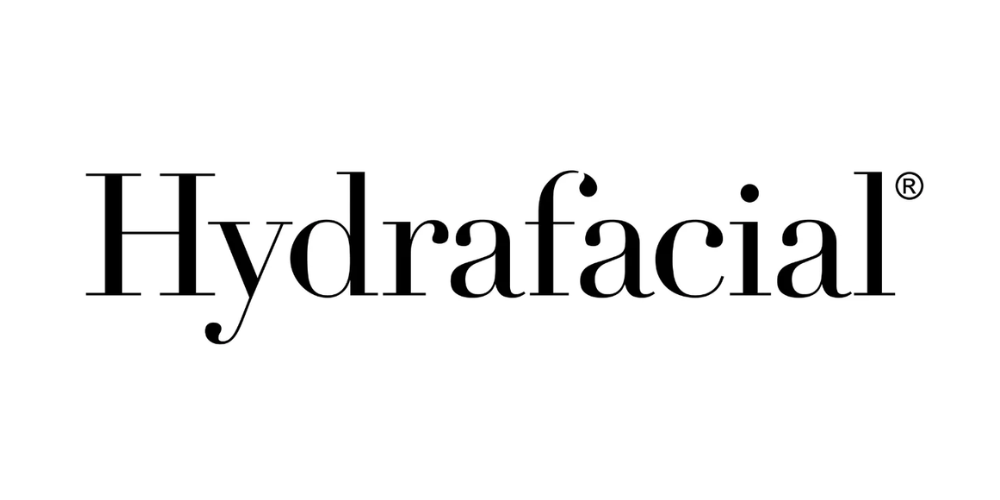












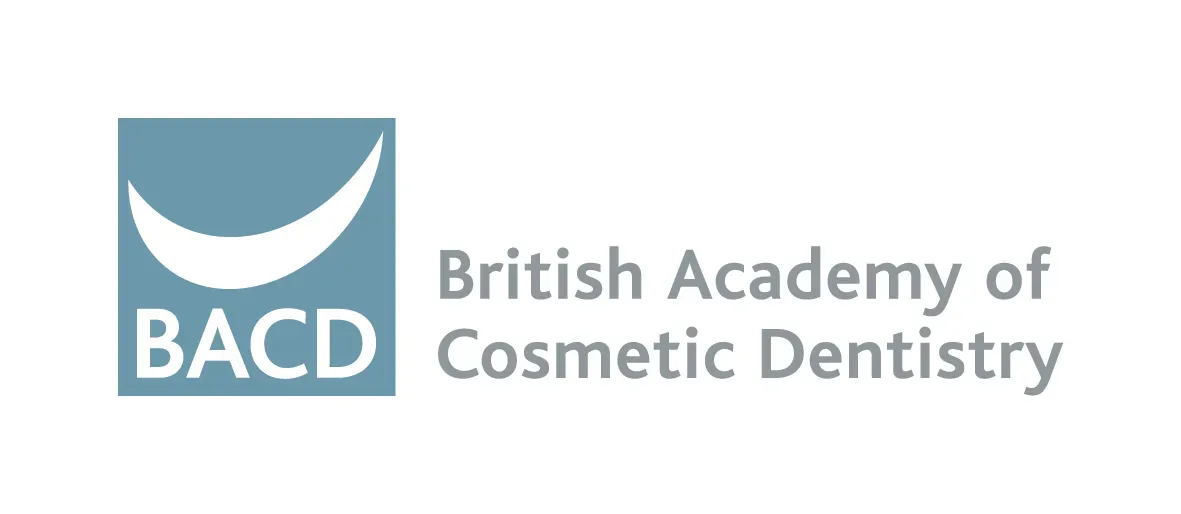
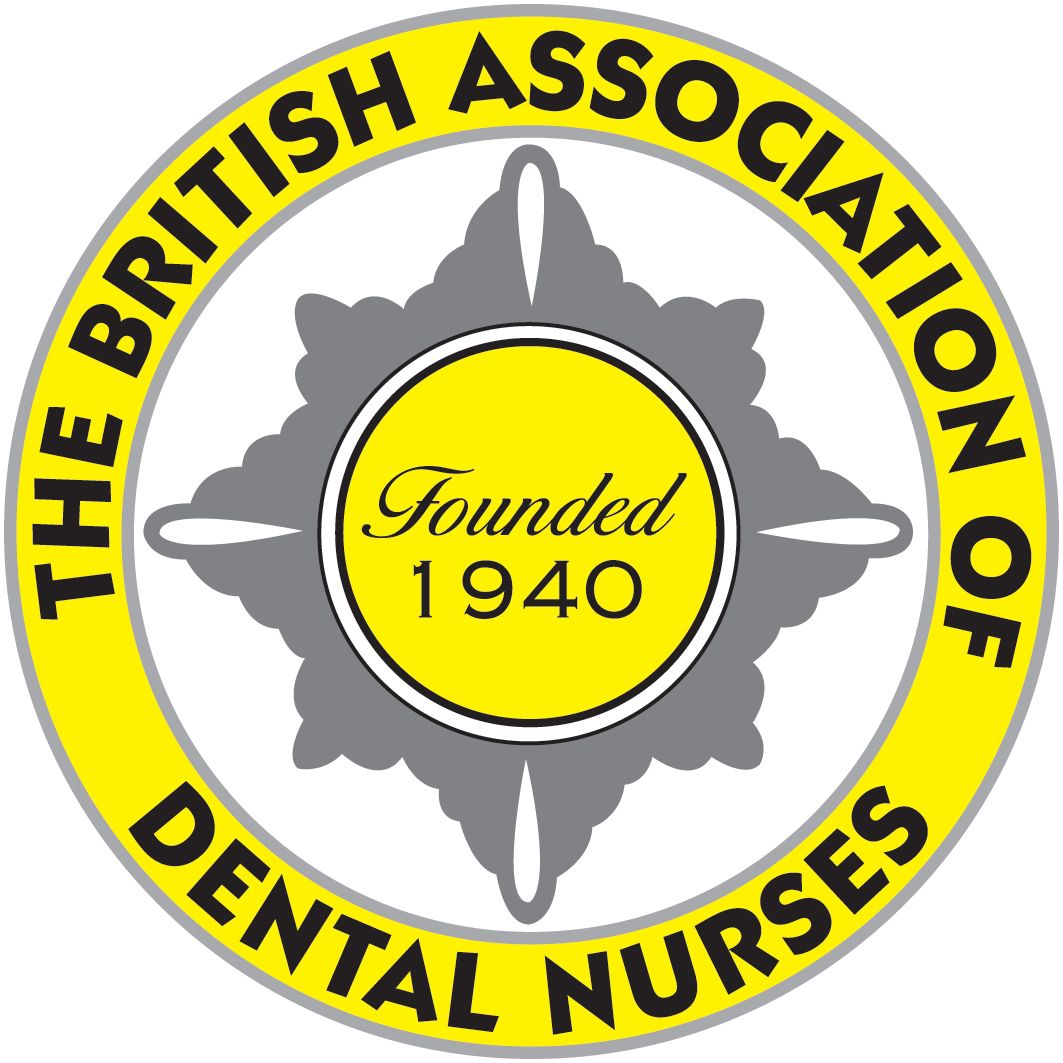
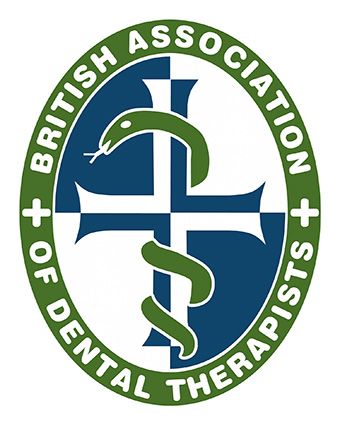
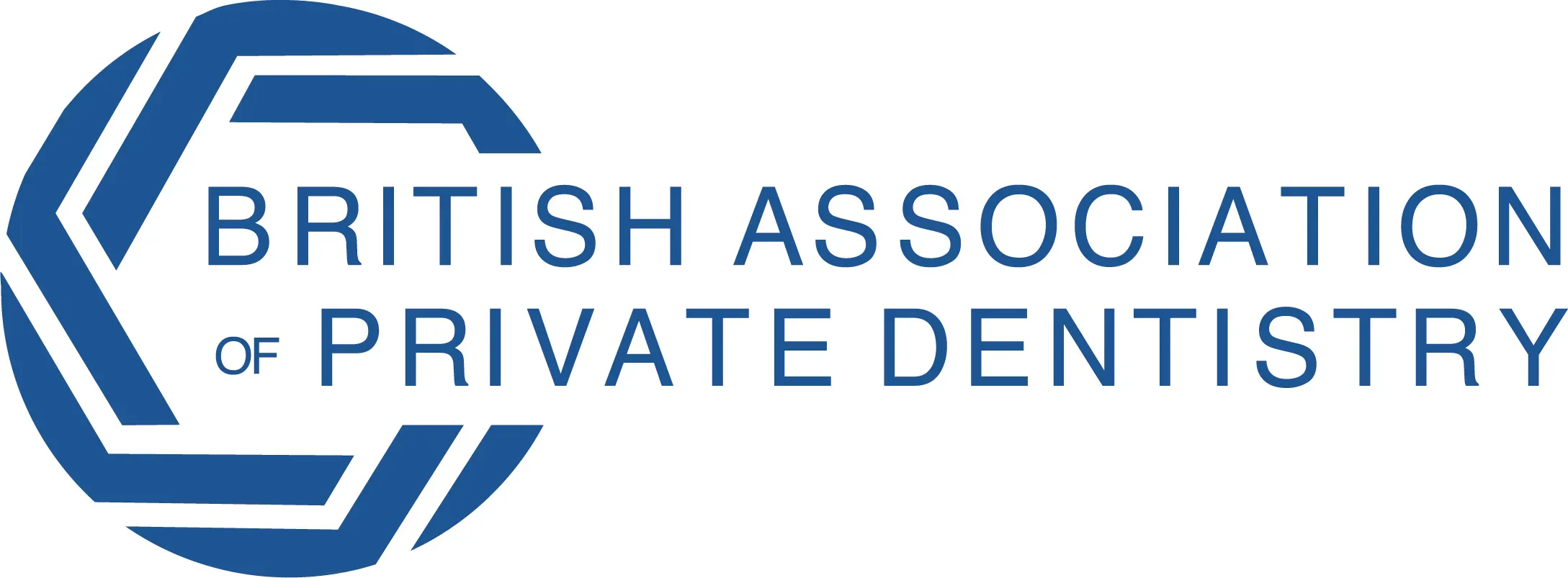


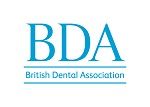


.png)














